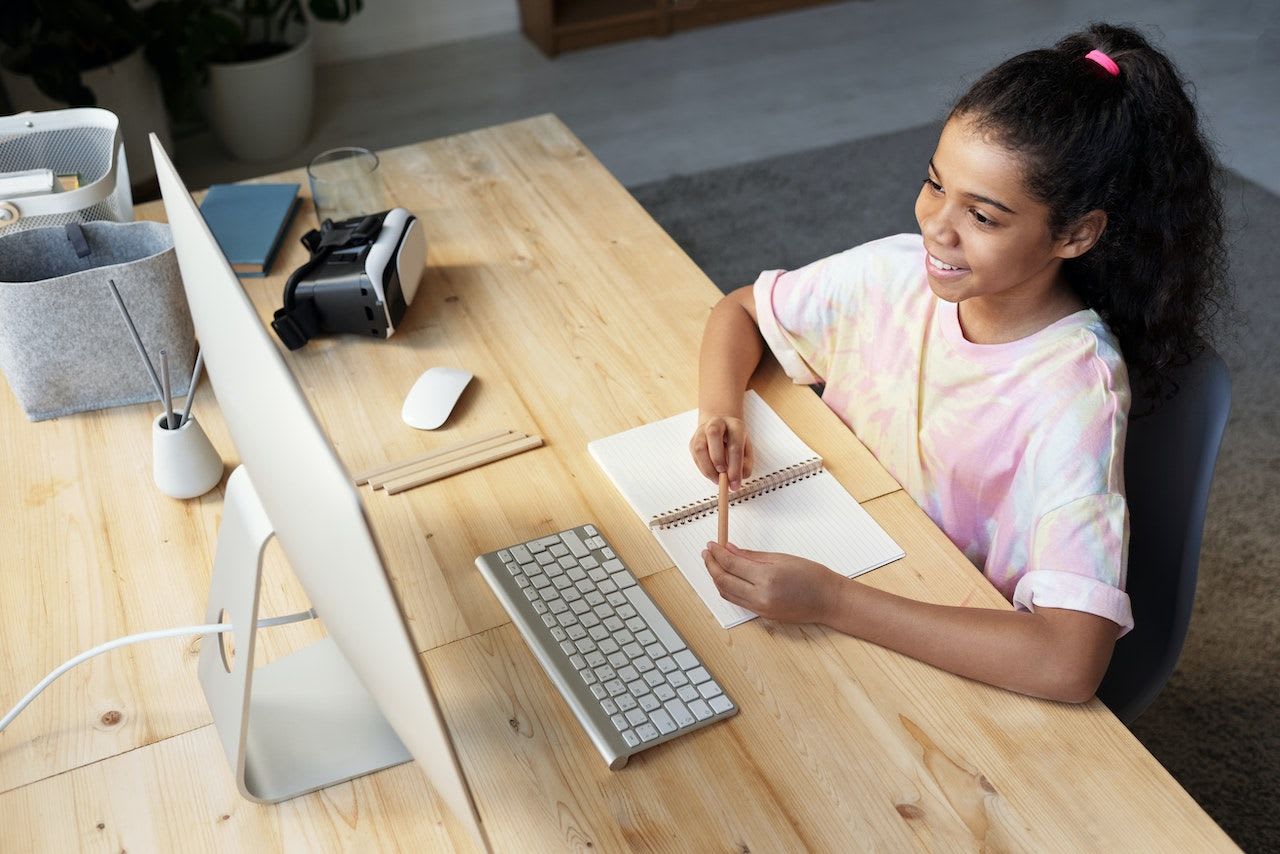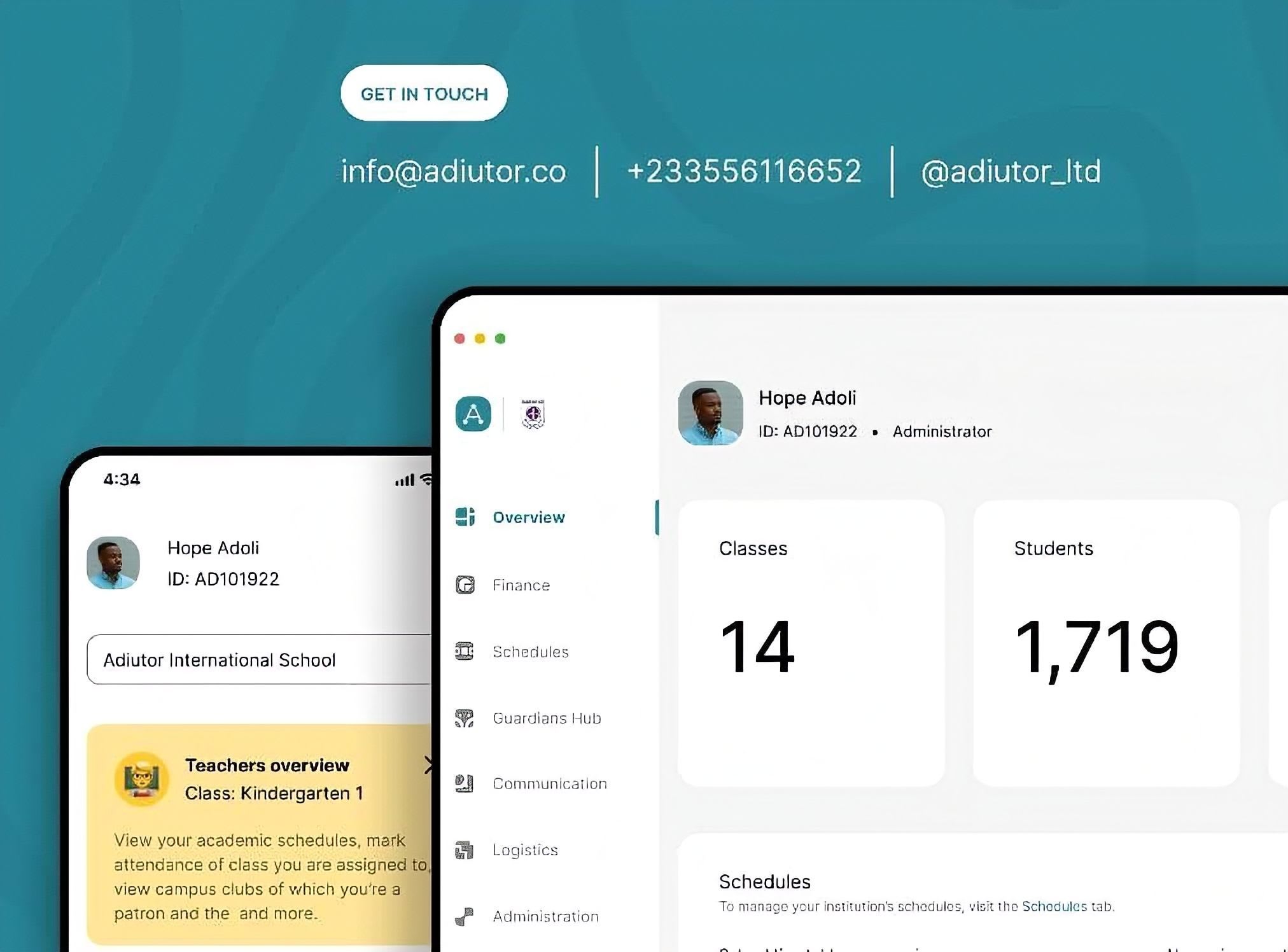Cultivating healthy technology use for children/students
Technology has become increasingly prevalent in our society, and it is important for kids to be literate in this domain. Exposing children to healthy technological habits can help them gain a better understanding of the world around them.

Technology is a big part of our lives and it’s only getting bigger. Technology has become increasingly prevalent in our society, and it is important for kids to be literate in this domain. Children should learn about technology so they can understand how it functions and how to utilize it appropriately. Exposing children to healthy technological habits can help them gain a better understanding of the world around them.
💡 Lessons learnt: Healthy habits are learned in the same way unhealthy ones are – through practice
Technology can be a great tool for students when used correctly and in moderation. However, too much screen time can be harmful to students, physically and mentally. Balance is key when it comes to technology use for students – they should have time for other activities as well.
Teach good online behaviour
According to a recent survey, over half of all teenage respondents said they had experienced some form of cyberbullying. The study found that girls were slightly more likely to be targeted than boys, and victims of cyberbullying were more likely to experience depression, anxiety, and sleep problems. Cyberbullies often use anonymous accounts or fake profiles to target their victims, and teens who engage in this type of behaviour are more likely to have been the targets of bullying themselves in the past.
Respectful: Be polite and respectful to others when you’re communicating with them online. This includes not using mean or hurtful language, even if you’re joking around with friends. Keep in mind that what you say can be seen by anyone – so think carefully before posting something that could be interpreted incorrectly.
Responsible: Be responsible for your own actions online. This means not sharing personal information about yourself or others without permission, and not engaging in activities that could harm someone else (like cyber bullying). It also means being careful about what you click on – make sure you know where links will take you before you click them, and don’t open email attachments from people you don’t know.
Safe: Always put safety first when you’re online. This means never meeting up with someone you met online in person, without first talking to a parent or guardian about it. It also means being aware of the dangers of sharing too much information about yourself – like your address, phone number, or full name – as this could make it easy for someone to find out where you live or track down your identity.
It can be difficult to tell whether certain websites are trustworthy information providers or not. Have a discussion with your youngster about how to determine the veracity and validity of content online. Explain the risks of downloading unknown programs, clicking on shady links, or disclosing personal information on untrusted apps or websites. Additionally, instruct your kids not to reply to unsolicited communications from strangers and to let you know if they do so.
Encourage good digital decision-making
Face-to-face communication is so important for kids to balance out the time they spend on technology. Make sure your kids are plenty involved in face-to-face activities with friends and family. This will help them develop social skills, learn how to communicate effectively, and form stronger relationships. Creativity and imagination are also crucial for kids. Make sure they have plenty of opportunities to be creative and use their imaginations. Technology can be used as a tool for creativity, but it shouldn’t be its only outlet. Explore different mediums such as painting, drawing, writing stories, etc.
Set limits on screen time. It’s important for kids to have downtime away from screens to play, relax, daydream, or just be bored. Too much screen time can lead to problems such as sleep issues, behaviour problems, or difficulties paying attention or focusing. So make sure you establish clear limits on how much screen time your child can have each day.
There is no denying that spending time with friends in person is important for maintaining healthy relationships. However, it is also important to keep in mind that connecting with friends online can complement your in-person interactions and help maintain long-distance friendships. Online communication isn't a replacement for face-to-face interaction, but it can be helpful in supplementing it. Getting involved in activities with friends, whether online or offline, can help foster strong bonds and lasting relationships.
It might be challenging to keep up with all the apps and websites your children and students use because technology advances swiftly. To keep up with the changing tech landscape, there are non-profit organizations like Family Online Safety Institute (FOSI) and Common Sense Media that work to make the online world safer for kids.
Technology can be a great tool for children and students when used properly. By cultivating healthy technology habits early on, children and students can reap the many benefits that technology has to offer while avoiding some of the potential pitfalls.

Adiutor
Adiutor means "helper" - we do just that, by taking a load of your school administration and helping you focus on what matters most: the kids.
